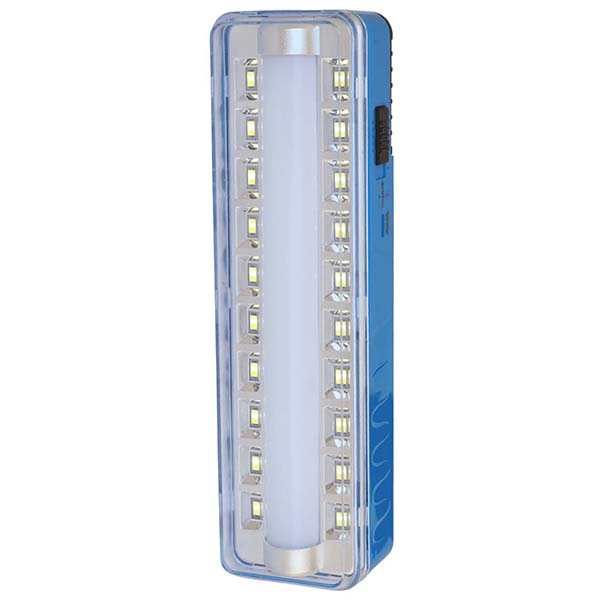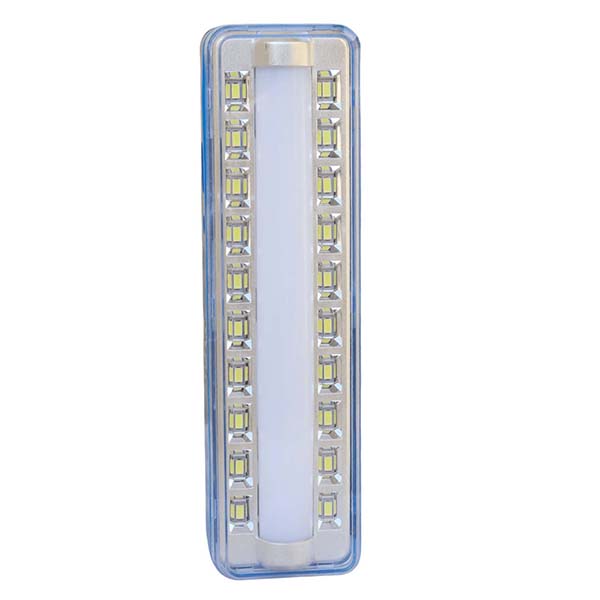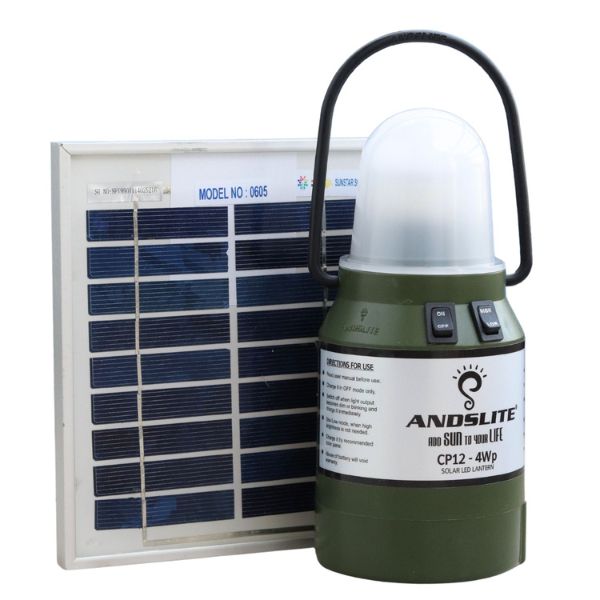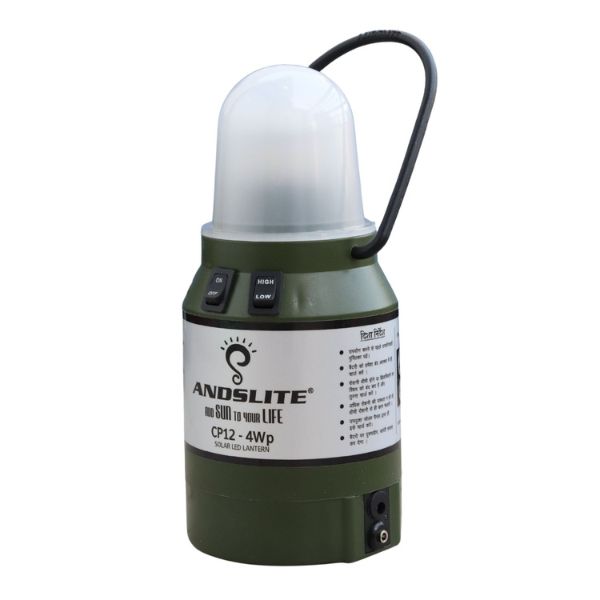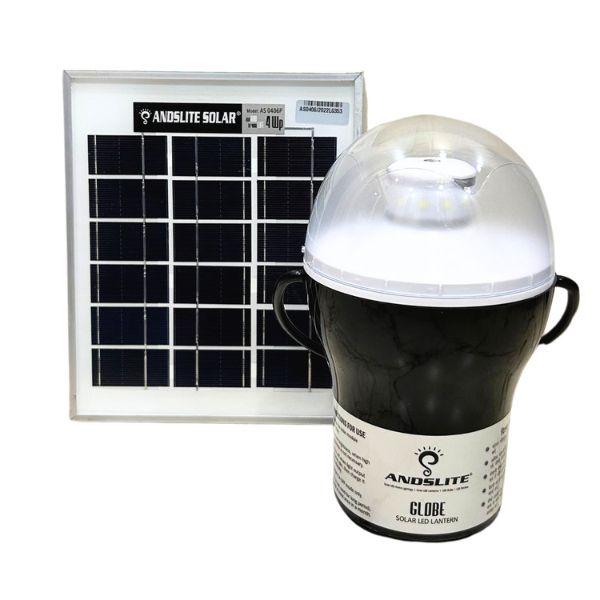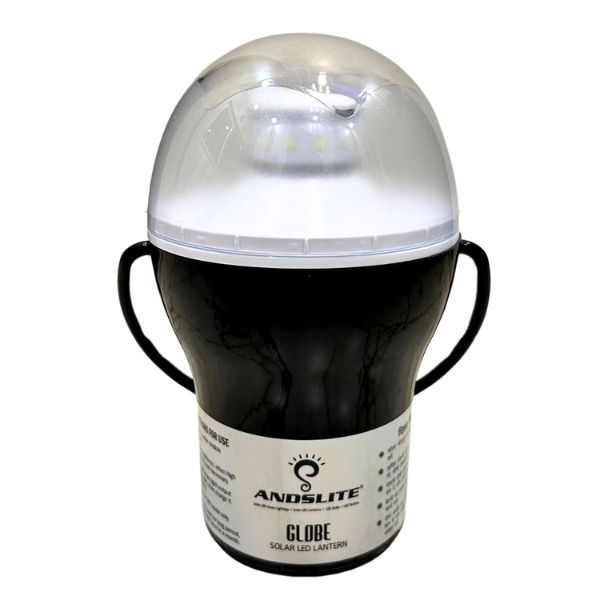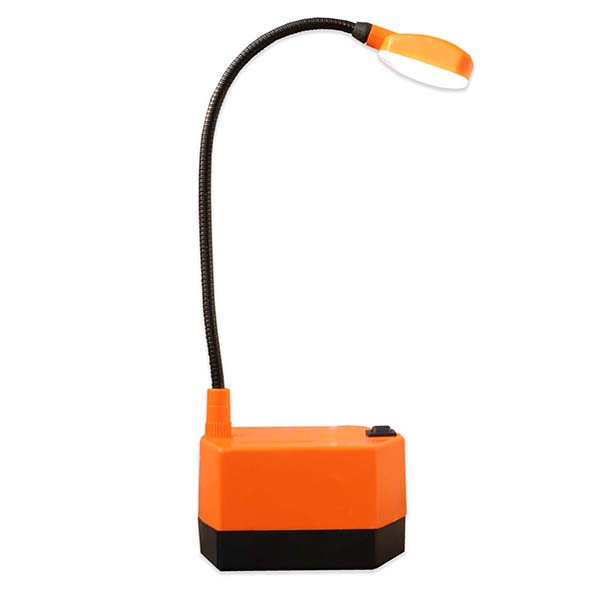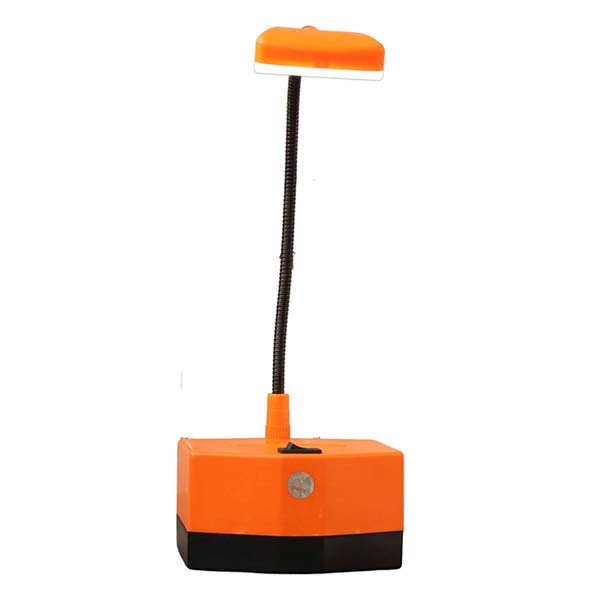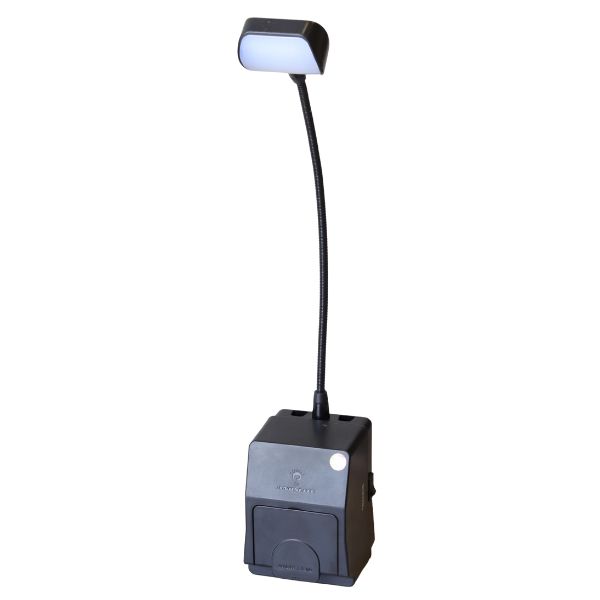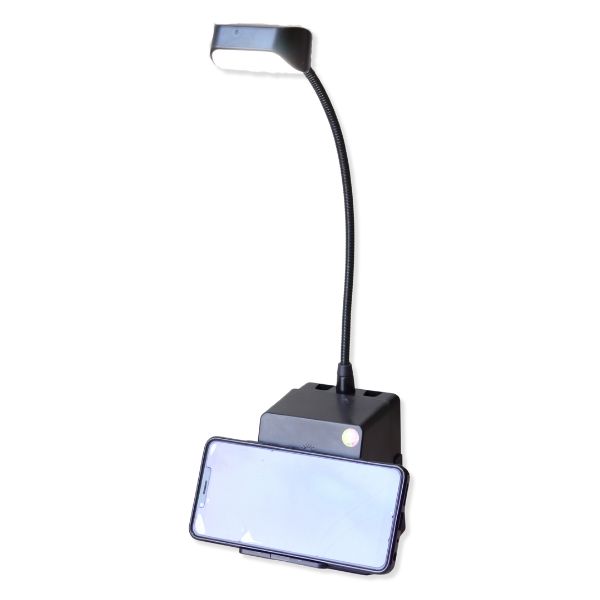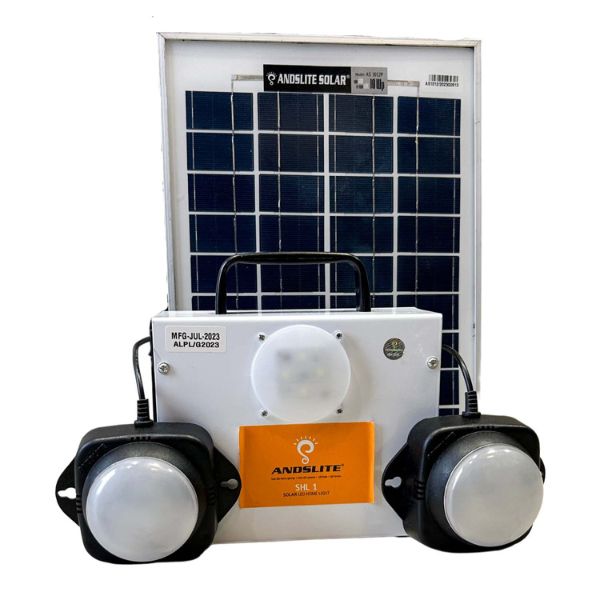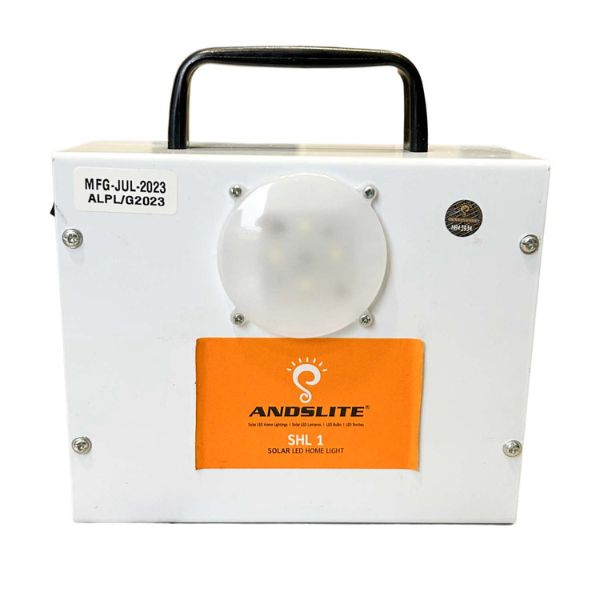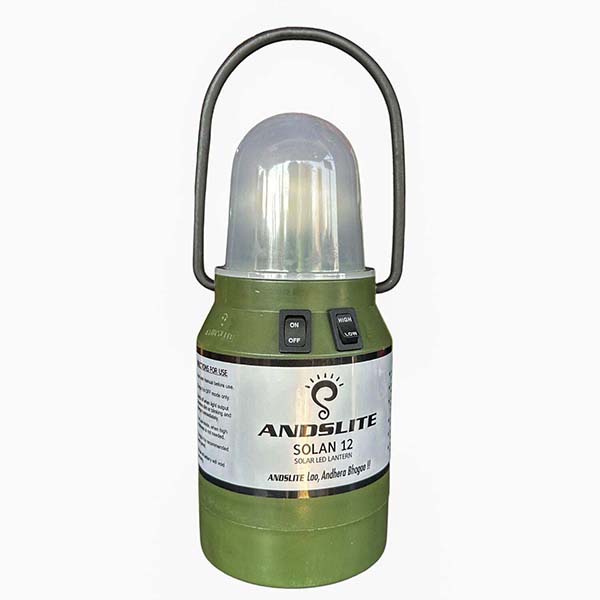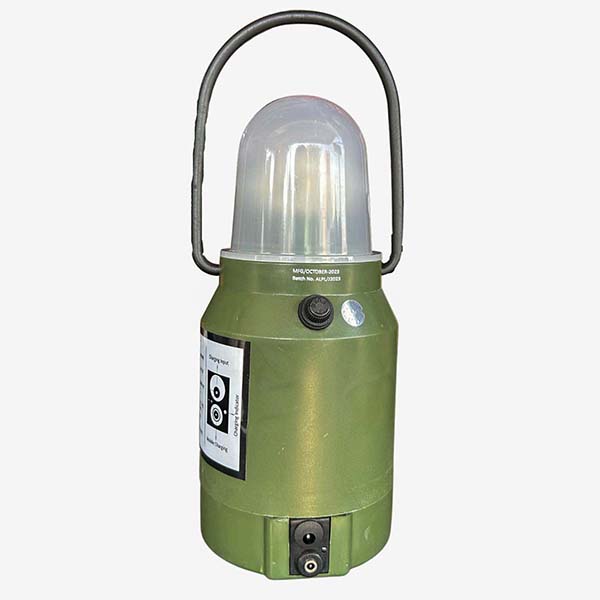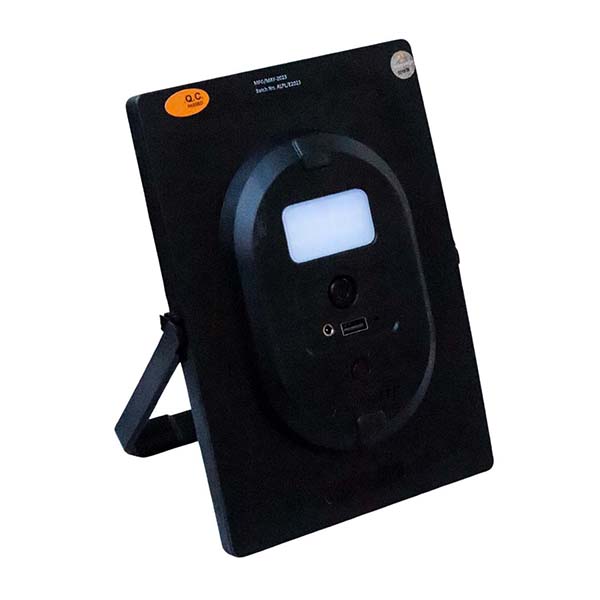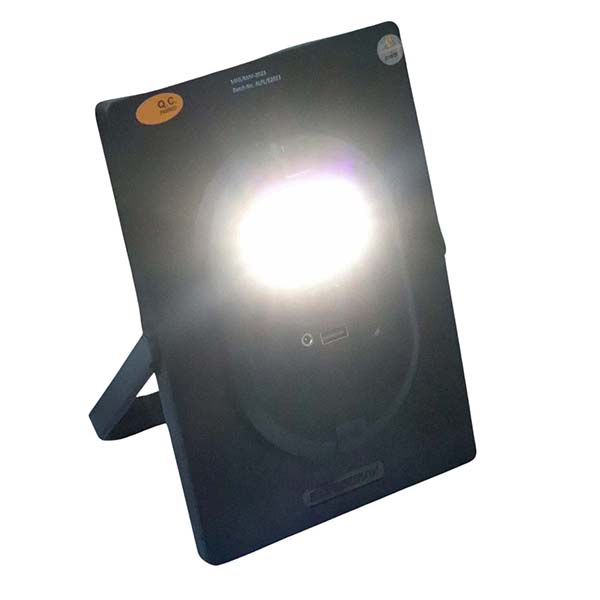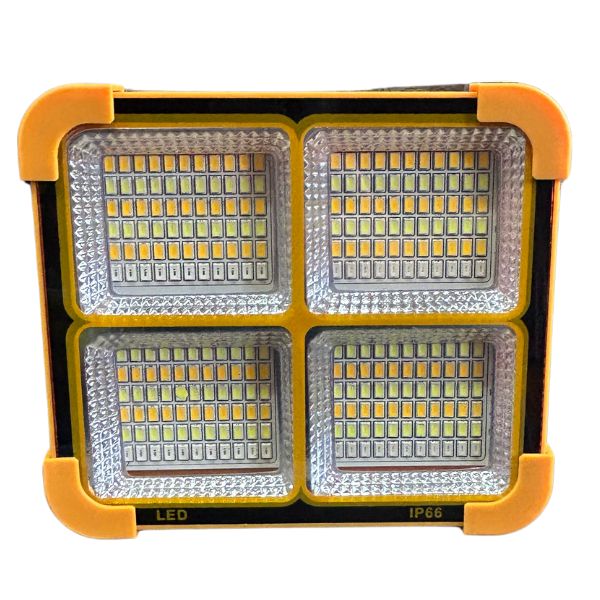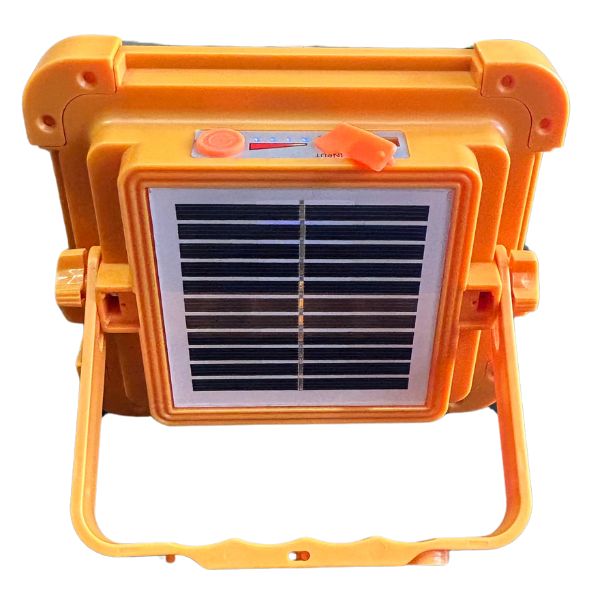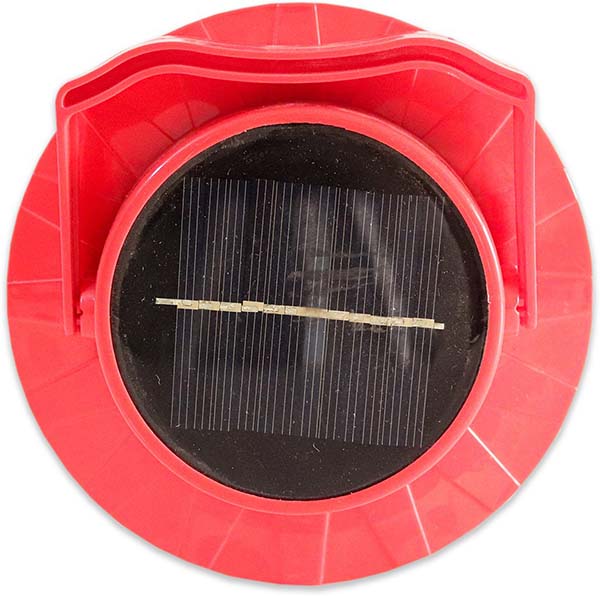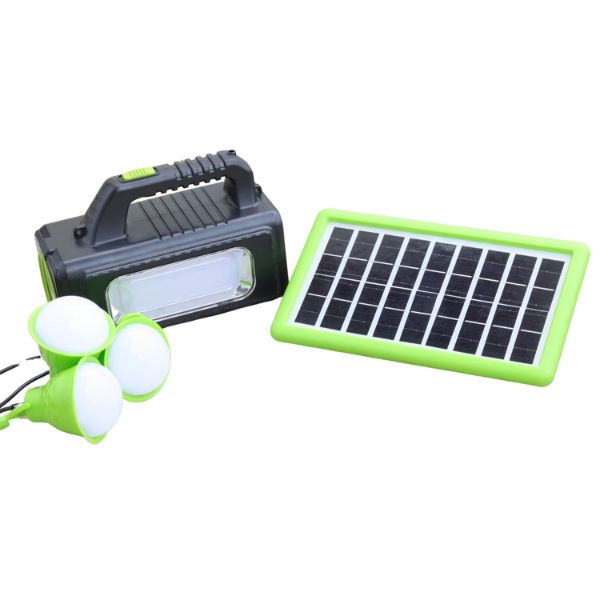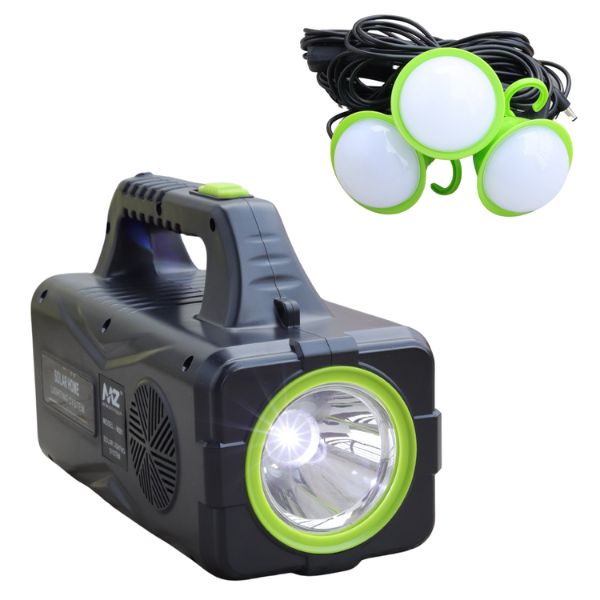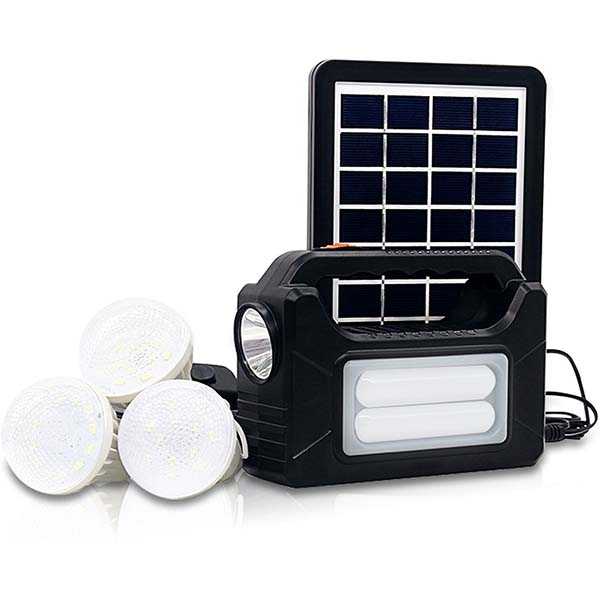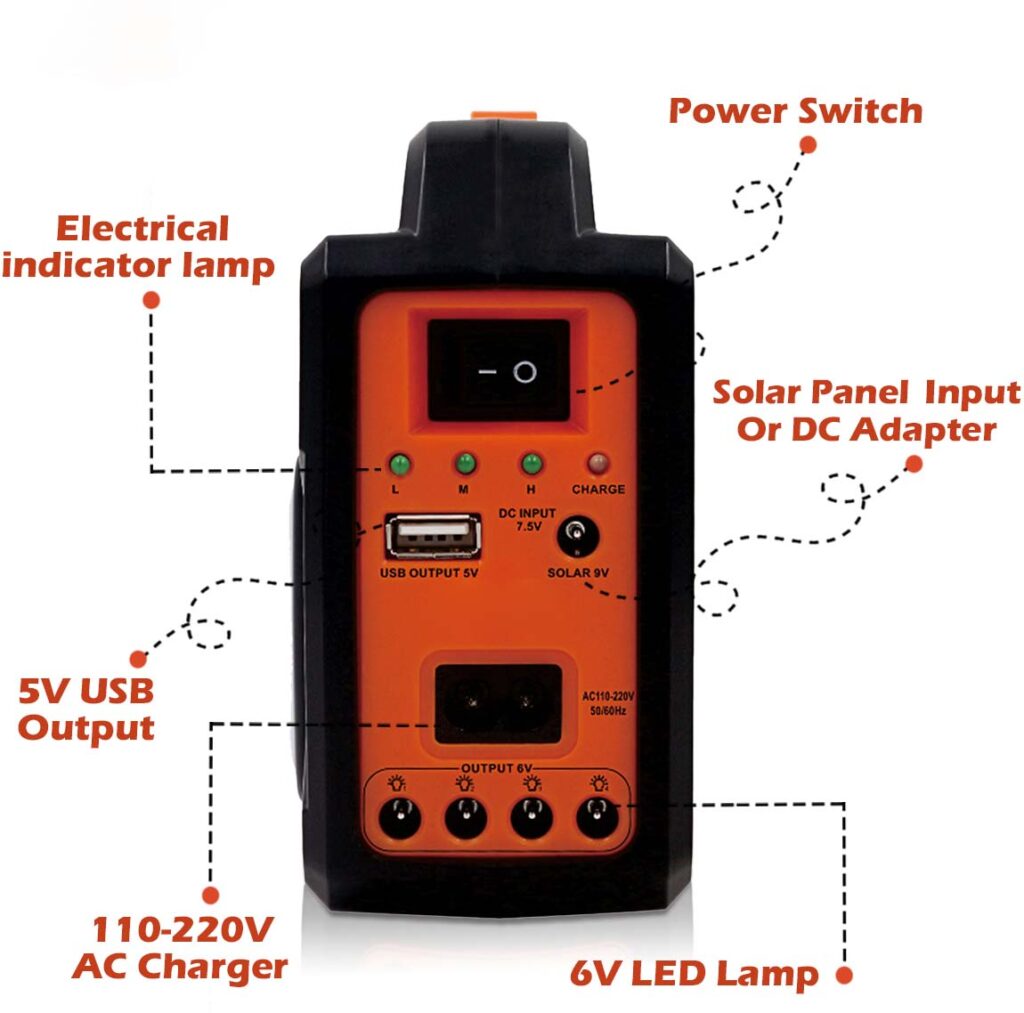24 Energy En-78 Solar Rechargeable 20 LED With Tube Emergency Light
Andslite CP12 Solar LED Lantern Light
Andslite Globe Solar LED Lantern Light
Andslite RSL 3 Rechargeable LED Study Lamp
- Get Accurate 12 Hours Battery Backup In Single Charge
- Mobile Stand And Pen Stand Included
- White And Yellow Color Light Option
- Both Solar & Electric Rechargeable Lamp
- Perfect For Study Purpose
- 360-Degree Rotating Table Lamp
- Strong ABS Body With On/Off Switch
- USB Port For Mobile Charging
- 1 Year Warranty
Andslite SHL 1 Solar LED Home Light
Andslite Solan 12 Rechargeable LED Lantern Light
Andslite Sunny Solar Rechargeable Emergency Light
IP 66 High Bright Solar Rechargeable LED Emergency Light
JY Super Solar Rechargeable Lantern Light
MZ M501 Solar Portable Lighting System Emergency Light
Rock Light RL-1990 Portable Inverter Emergency Light
Solar Emergency Light
Solar Emergency Lights are the most important and needful products at this time because times is changed and people looking for natural resources and solar powered products is the best choice for them and we have 100+ best quality solar emergency lights for you.
In an era marked by increasing concerns about climate change and the fragility of traditional energy sources, integrating solar technology into everyday devices represents hope. Among these innovations, solar emergency lights stand out as a testament to human ingenuity, combining functionality, reliability, and eco-friendliness to provide illumination when it matters most. This comprehensive exploration delves into solar emergency lights, uncovering their significance, features, applications, and the bright future they promise.
Why Use Solar Emergency Lights?
As the name suggests, solar emergency lights are lighting solutions powered by solar energy explicitly designed for emergencies. These lights are equipped with photovoltaic (PV) panels that harness sunlight and convert it into electricity, stored in rechargeable batteries for later use. They serve as crucial tools during power outages, natural disasters, outdoor activities, and remote areas where access to conventional power sources is limited or nonexistent.
Features and Components
Solar emergency lights boast an array of features tailored to meet the demands of emergency scenarios:
Solar Panels: Typically located on the top surface of the light, solar panels capture sunlight and convert it into electrical energy. These panels come in various sizes and configurations, with efficiency improving over time due to advancements in solar technology.
Rechargeable Batteries: Essential for storing solar-generated electricity, rechargeable batteries ensure that the light remains operational even when sunlight is unavailable. Common battery types include lithium-ion, lead-acid, and nickel-metal hydride, each offering specific capacity, lifespan, and performance advantages.
LED Lights: Light-emitting diodes (LEDs) are the primary light source in solar emergency lights, offering exceptional energy efficiency, durability, and brightness. LED technology has revolutionized the lighting industry, enabling lights to produce intense illumination while consuming minimal power.
Durable Construction: Built to withstand harsh conditions, solar emergency lights feature rugged enclosures crafted from weather-resistant materials such as aluminum, polycarbonate, or ABS plastic. This durability ensures the lights remain operational even in extreme temperatures, rain, wind, and other adverse environments.
Multiple Lighting Modes: Many solar emergency lights offer versatile lighting modes to suit different situations. These may include bright mode for maximum illumination, dim mode for extended runtime, flashing mode for signaling purposes, and motion-sensing mode for enhanced security.
Automatic Operation: Equipped with light sensors and intelligent control circuitry, solar emergency lights often feature automatic on/off functionality. They turn on at dusk and turn off at dawn, conserving energy and eliminating the need for manual operation.
Portability and Mounting Options: Designed for convenience, solar emergency lights are often lightweight and portable, allowing for easy deployment in various locations. They may also include mounting brackets, stakes, or hooks for securing the lights to walls, poles, trees, or tents.
Applications and Use Cases
Solar emergency lights find applications across diverse scenarios, playing a vital role in ensuring safety, security, and convenience:
Home Emergency Preparedness: In households, solar emergency lights are indispensable for preparing for power outages caused by storms, grid failures, or other emergencies. They provide illumination during nighttime activities, facilitate navigation in darkened spaces, and offer a sense of security for occupants.
Disaster Relief Operations: During natural disasters such as hurricanes, earthquakes, or floods, access to electricity may be disrupted for extended periods. Solar emergency lights deployed in disaster-stricken areas provide essential lighting for search and rescue efforts, medical triage centers, temporary shelters, and evacuation routes.
Outdoor Recreation: Whether camping, hiking, boating, or other outdoor activities, solar emergency lights enhance safety and convenience in remote environments. They illuminate campsites, trails, and communal areas, allowing outdoor enthusiasts to navigate and socialize after sunset without relying on traditional fuel-powered lights.
Roadside Safety: Solar emergency lights contribute to road safety by enhancing visibility in low-light conditions and alerting drivers to potential hazards. They can be deployed along roadways, construction zones, or accident sites to delineate lanes, mark obstacles, and signal detours.
Security and Surveillance: In residential and commercial settings, solar emergency lights are crucial in perimeter security and surveillance systems. They deter intruders, illuminate darkened areas, and enhance the effectiveness of CCTV cameras, motion sensors, and other security devices.
Off-Grid Lighting Solutions: In remote or off-grid locations where access to electricity is limited, solar emergency lights provide sustainable lighting solutions for schools, healthcare facilities, community centers, and other essential infrastructure. They reduce dependence on fossil fuels, minimize operating costs, and empower communities to thrive independently.
Benefits of Solar Emergency Lights
The adoption of solar emergency lights offers a plethora of benefits, making them an attractive choice for individuals, organizations, and governments alike:
Energy Independence: By harnessing solar energy, emergency lights reduce reliance on traditional energy sources, mitigating the risk of power shortages and price fluctuations. This energy independence enhances resilience and self-sufficiency, particularly in regions prone to energy insecurity.
Environmental Sustainability: Solar emergency lights produce clean, renewable energy without emitting greenhouse gases or pollutants. They contribute to environmental conservation by reducing carbon emissions, minimizing ecological footprint, and preserving natural resources for future generations.
Cost Savings: Although the initial investment in solar emergency lights may be higher than conventional lighting solutions, they offer long-term cost savings through reduced energy bills, maintenance expenses, and reliance on disposable batteries. Over time, the economic benefits outweigh the upfront costs, resulting in substantial user savings.
Reliability and Durability: Built to withstand adverse conditions, solar emergency lights are renowned for their reliability and durability. Unlike traditional lights that may fail during power outages or inclement weather, solar lights operate autonomously, providing uninterrupted illumination when needed most.
Versatility and Adaptability: Solar emergency lights are versatile devices that adapt to various environments and applications. Whether deployed in urban centers, rural communities, or wilderness areas, they excel in providing dependable lighting solutions tailored to specific needs and preferences.
Community Resilience: Solar emergency lights enhance resilience in emergencies and disasters by empowering individuals and communities with access to reliable lighting. They foster community cohesion, facilitate communication and coordination, and contribute to residents' overall well-being and safety.
Future Trends and Innovations
As solar technology continues to evolve, the future of solar emergency lights holds exciting possibilities:
Improved Efficiency: Ongoing research and development efforts aim to enhance the efficiency of solar panels and LED lighting systems, enabling solar emergency lights to generate more power and produce brighter illumination with smaller footprints.
Enhanced Connectivity: Integrating innovative technologies such as wireless connectivity, remote monitoring, and data analytics will enable solar emergency lights to communicate, coordinate, and respond to changing conditions more effectively.
Energy Storage Advancements: Advances in battery technology, including higher energy densities, faster-charging rates, and longer lifespans, will further enhance the reliability and performance of solar emergency lights, extending their runtime and durability.
Design Innovation: Designers are exploring creative approaches to solar emergency light aesthetics, form factors, and user interfaces, making them more visually appealing, ergonomic, and intuitive in diverse environments.






